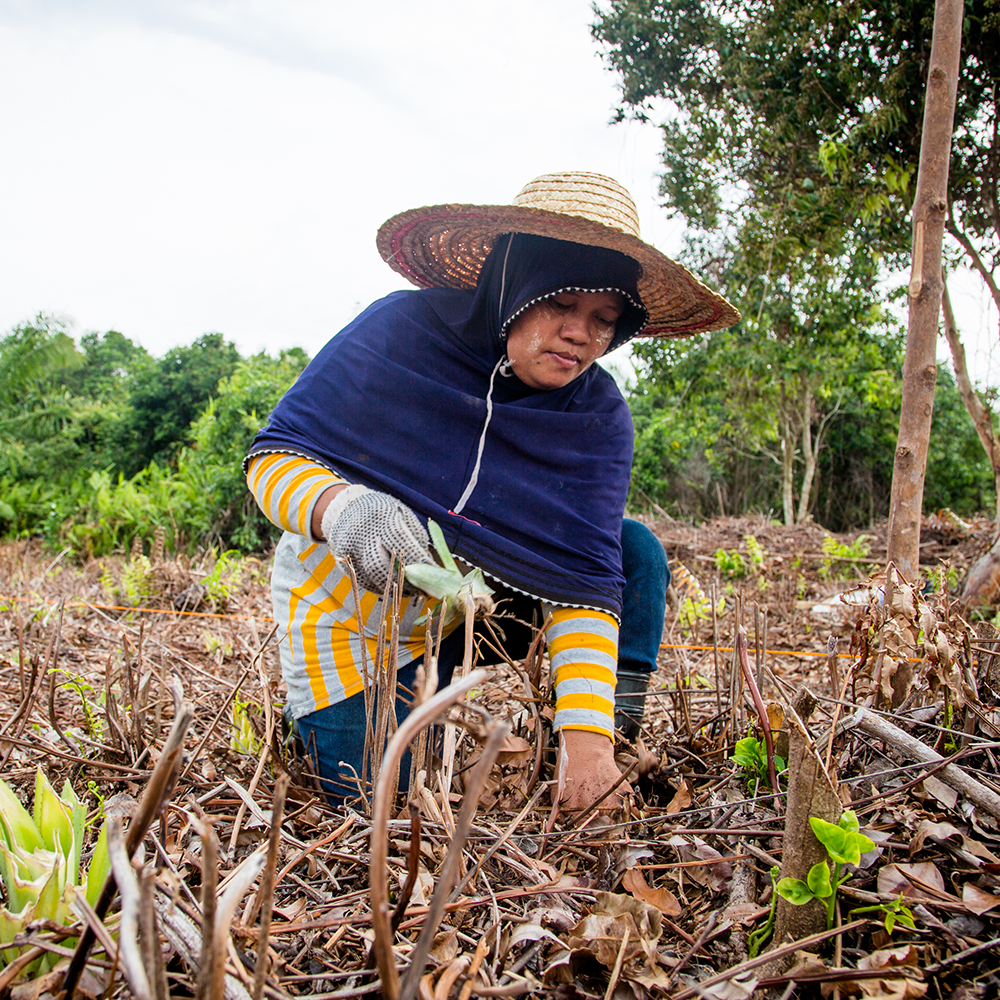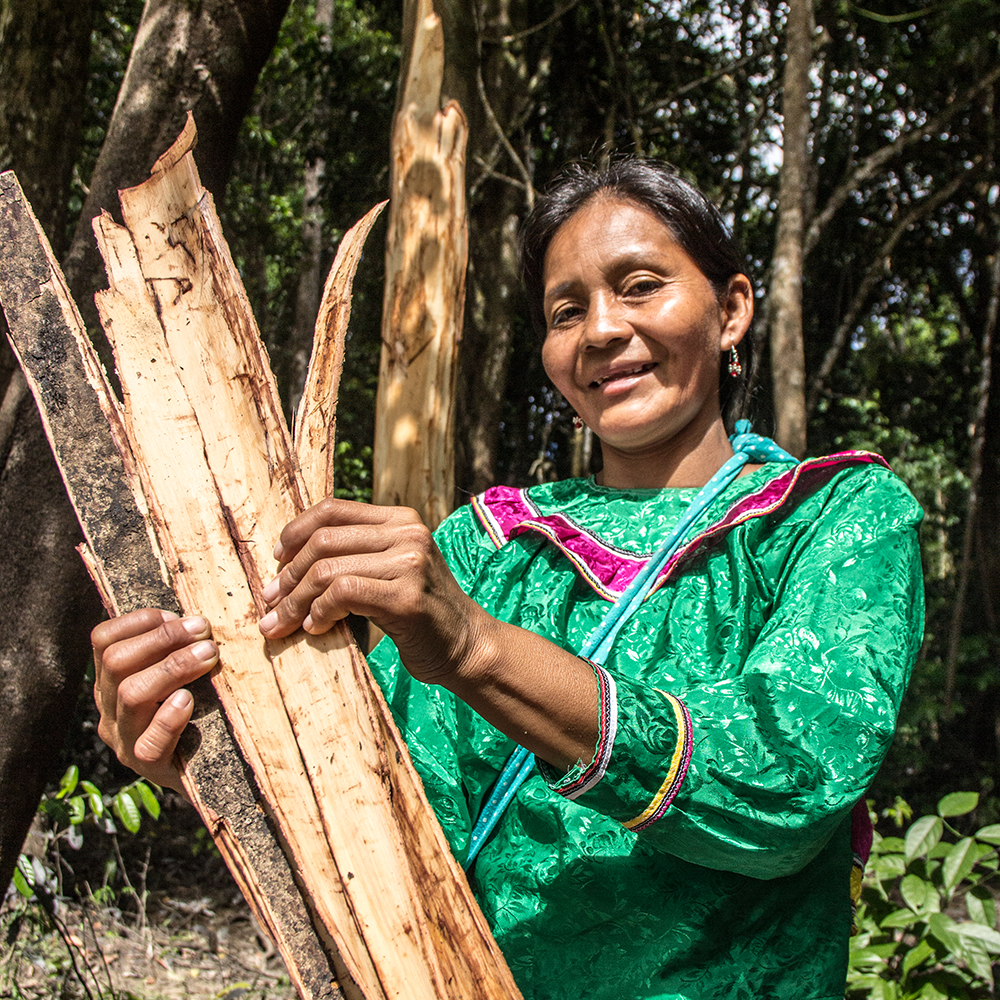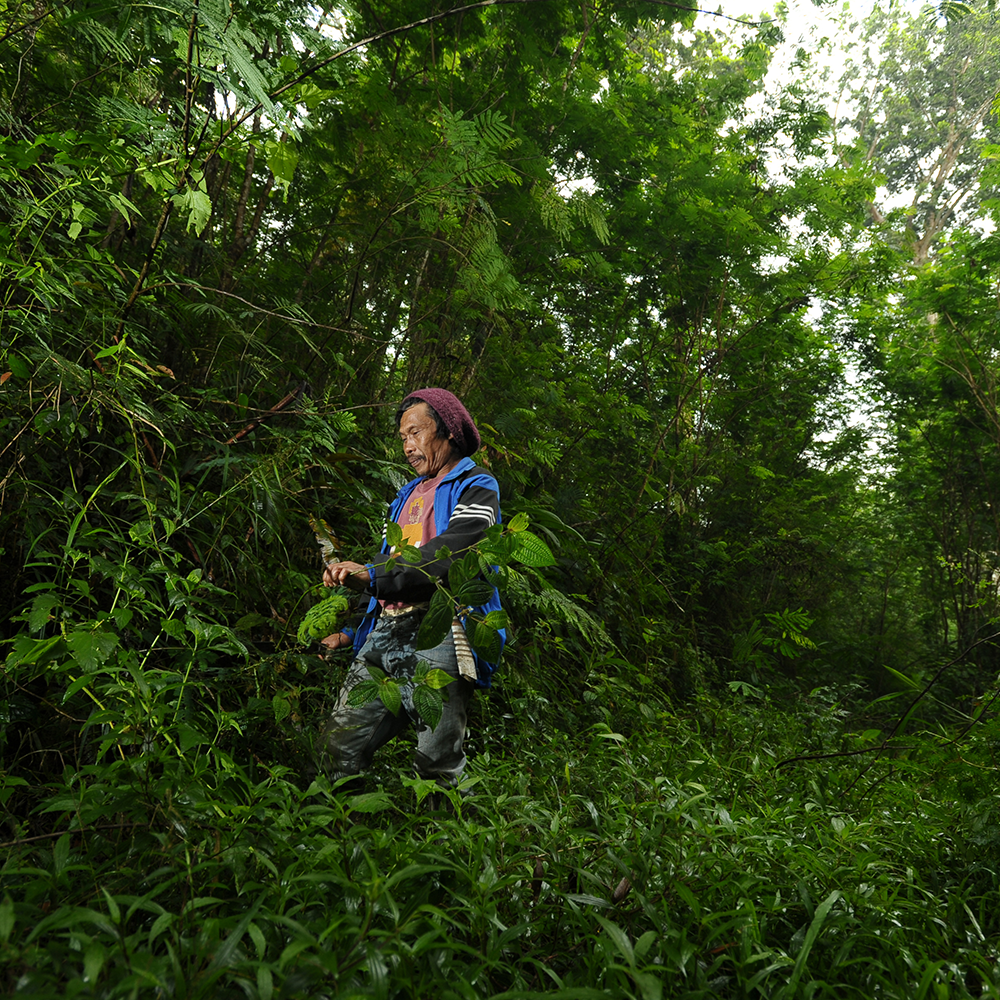“We are trapped in an acceptance of reality that does not allow us to imagine ourselves outside this model. It has clamped down our imaginations; we can’t see another world beyond voracious capitalism and rapacious individualism.”
Carolina Coppel, Mexican philanthropist
WHY
Enduring, inclusive climate solutions require systemic change — including a shift in values from privileging capital to privileging people and planet. And yet today, financial institutions continue to dominate within most economies and over most of the agencies that govern them. This “financialization” of the global economy accelerates growing inequality as more money is made through financial channels that benefit a wealthy minority and less through productive activities that could provide more and better employment. People and nature are increasingly subordinated to serve the central objective of short-term capital accumulation, enshrined as “shareholder value.” This outcome starkly contradicts with the Paris Agreement commitment to: “Making finance flows consistent with a pathway towards low greenhouse gas emissions and climate-resilient development.” (Art 2.1c).
Despite increasing attention to Environmental and Social Governance issues, financial institutions still play key roles in driving deforestation by channeling large amounts of capital into extractive industries, land-based commodities, and large-scale infrastructure project. They operate with limited transparency and minimal external accountability. In making decisions about how, where, and on what terms capital is allocated, few resources are invested in assessing social and environmental impacts of such decisions, and those considerations are generally ignored in favor of maximizing profit.
Financial institutions often move earnings generated by extractive industries and land-based commodities from the countries where they are produced to offshore tax havens, where transfer pricing, trade misinvoicing, tax avoidance and evasion are used to book profits in low-tax jurisdictions. Profit-shifting practices leave fiscal authorities in many countries unable to collect taxes on most of the profits generated within their jurisdictions, with consequent impacts on publicly-funded services, including education and health care.
The overdue transition of the global economy toward a low-carbon future needs reformed financial systems that support more equitable, climate-smart, forest-friendly economies. Some financial institutions are recognizing the need to assess climate-related risks, but they need better tools and regulatory frameworks for doing so.
HOW FUNDERS CAN SUPPORT
- Expand, accelerate, and learn from initiatives that integrate disclosure of climate-related material risks into financial markets and the activities of companies and governments, including best practices and guidelines, as well as rules and regulations.
- Fund work that better characterizes exposure to climate- and nature-related risks and regulatory advocacy to require such disclosures in the financial system, along with extended financial liability, stress testing requirements by banking regulators, adjusted valuations on sovereign bonds and other investments, and stranding of forest assets that should never be converted (analogous to asset stranding in the fossil fuel sector).
- Support transparency and access to information that promotes citizen action and engagement, individually and in organizations, as financial system change agents — as taxpayers, pensioners, consumers and voters.
Related Resources
Climate & Forests 2030 Papers
- A Climate-Smart Forest Economy: How to Unleash the Full Climate Potential of Forests and Forest Products (Lawrence, Taylor, Wishnie, Zimmer)
- How will the Global Economic Crisis linked to the Covid-19 Pandemic affect Tropical Forests? (Kaimowitz & Wunder)
Other publications









